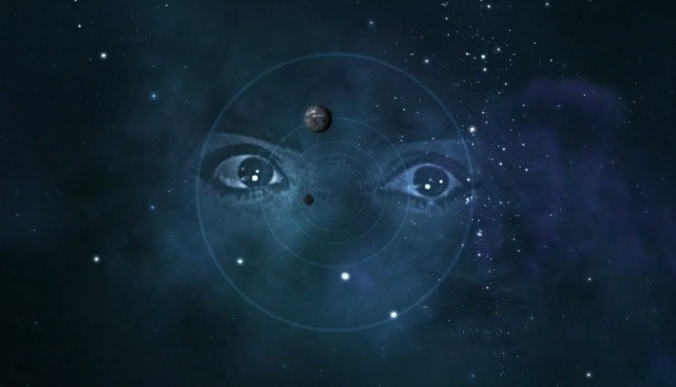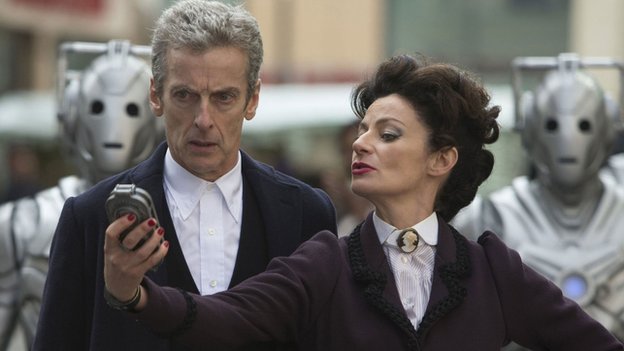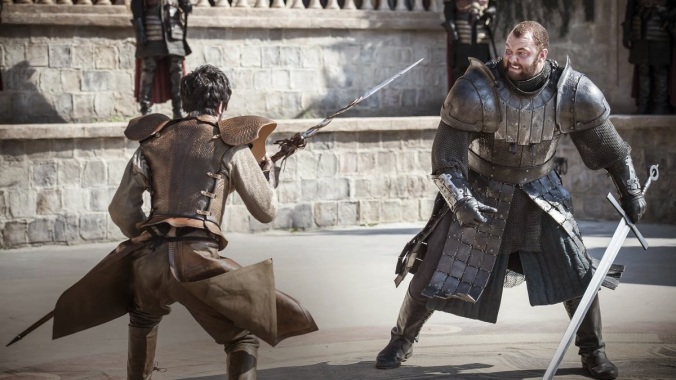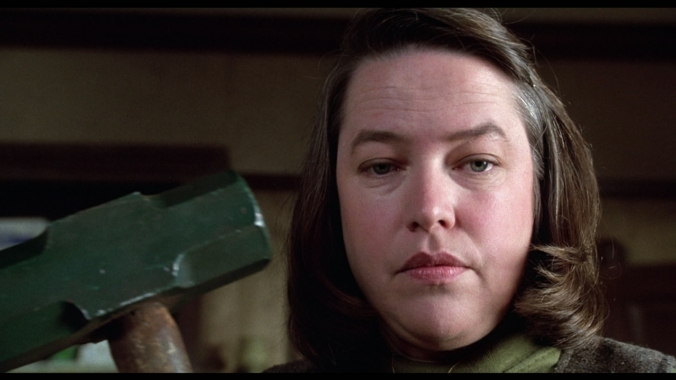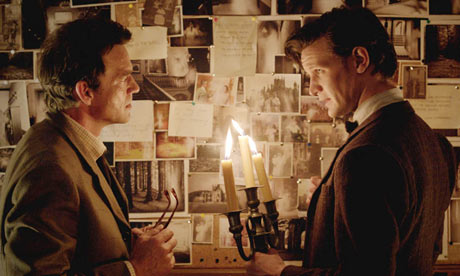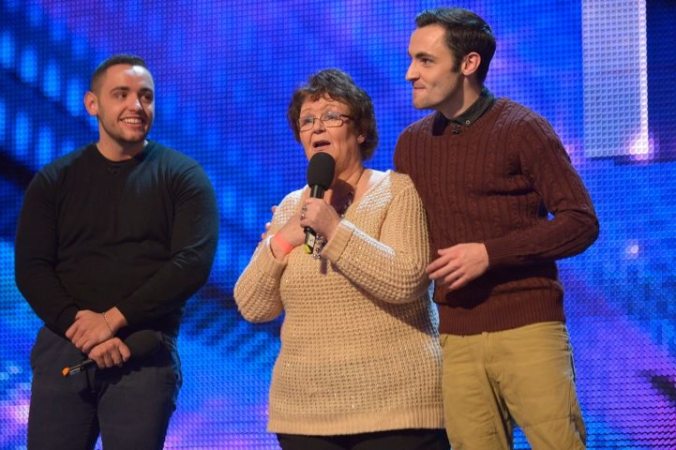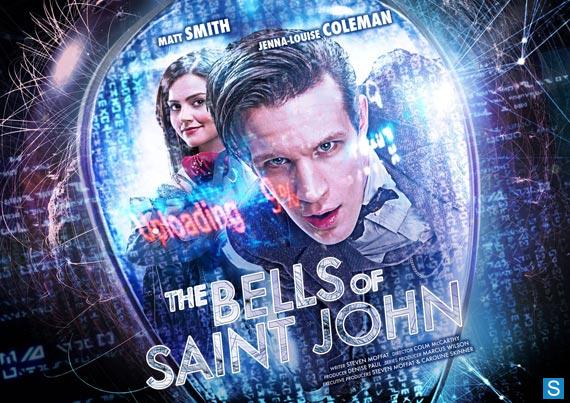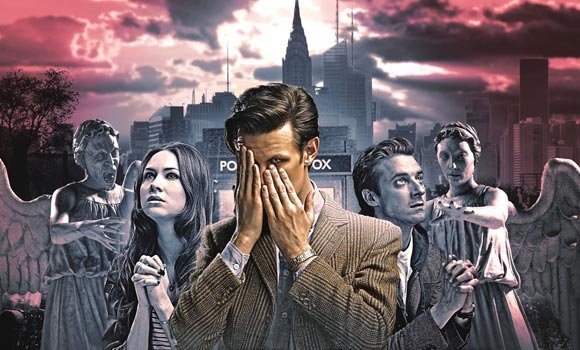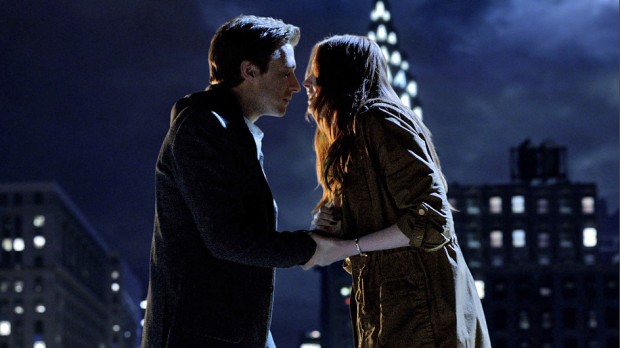I really wanted to like Peter Capaldi’s Twelfth Doctor. All of the post-season trailers and promotional material hyped up a new, darker direction for the Doctor. The Doctor has always trend close to the dark side, an example from the modern series being Ten’s punishment of Family of Blood, but Steven Moffat teased the audience with an explicitly dark, ambiguous character. Unfortunately, Capaldi’s Doctor showed very little moral ambiguity. Sure he had a few adventures where people died and he used their death to figure out how to stop the monster of the week but that’s always been typical of the doctor’s adventures. That’s why it’s so special when the Doctor declares “Just this once, everybody lives!”
Instead of ambiguity, The Doctor just seemed a bit confused about the quality of his character. For the first few episodes, this could have been put down to the regeneration which tends to shake things up and take some time to get use to. However, having Clara reply with ‘I don’t know’ felt a bit misleading. Clara had no reason not to know, lest we forget that she was there when the Tenth and Eleventh iterations nearly assisted the War Doctor in destroying Gallifrey. Committing genocide of the Daleks and the Time Lords doesn’t really compare to maybe pushing one guy out of a glorified hot air balloon.
Perhaps the only difference between then and now is that the other Doctors’ actually came up with alternate plan to save Gallifrey at the last minute. So Clara doesn’t know if the Doctor is good or not because he just doesn’t try as hard anymore? Of course, that was at the start of the season. With season 8 now concluded, we can look back and see how it all came together tonight in an explosive finale, right? Normally, yes, but this was one of the dullest, by the number finales of recent memory. Clara had a bigger shift to the dark side the Doctor, and seemed properly unpredictable, rather than the Doctor, who just fell into dramatic situations.
The whole moral dilemma, which they pretended had been going on for the entire season but only really showed up in about four episodes, was promptly resolved in about two minutes. Seeing two people hug reminded the Doctor that he’s neither good nor bad, he’s just an idiot with a box. It is a kind of resolution but it’s one with no consequences and wastes what little dramatic tension Moffat had built. Consistent storytelling that develops over the course of a season is within Moffat’s repertoire, just look at Season 5 and the ever prominent cracks. So why has he struggled to do the same in recent seasons?
Other plot points that recurred over the course of season 8 also suffered the same lack of resolution. The Doctor’s sudden dislike of soldiers wound up having no purpose other than creating arbitrary conflict between him and Danny Pink. The Doctor spends a solid portion of Death in Heaven pow-wowing with UNIT without too much fuss. He does complain but it’s mostly about them not letting him just do his job. And Moffat knows the anti-soldier attitude is rubbish, going so far as to throw up portraits of the former companion, Brigadier Lethbridge-Stewart to signal his awareness of The Doctor’s past relationships with military figures.
The conflict between the Doctor and Danny did nothing for the story. The Doctor had no real reason to be suspicious of Danny because of his military background and The Doctor was not an officer, as Danny accused him of being. Danny’s military experience does provide some aid in the end, but their their predisposed dislike spawned from nothing and went nowhere. I was valuable time that could have been spent building up Clara’s relationship with Danny. Instead, we see very little of Clara and Danny alone. When Danny dies at the beginning of Dark Water, her near villainous actions lack potency because the relationship was relegated to the sidelines.
Most of what we did see of their relationship was Danny being annoyed that she would run to The Doctor in a dangerous situation. And then run into the dangerous situation. That’s not to say that Danny can’t be worried about his girlfriend but too often he would tell her what she had to do, rather than letting her make her own decision on the matter. Danny, on the whole, wasn’t very thoroughly thought through as a character. He was just a plot device, designed to give Clara something to care about when the Cybermen came to town. The only important characteristic he displayed was his military background but with the whole of UNIT at his disposal, Moffat could have plucked out anyone to do the same job.
And so we come to the finale’s villains: the aforementioned Cybermen and The Master, or Mistress, Missy for short. If it’s taken a long time to get around to them, it’s because they don’t really do much. I liked the idea of uploading people and downloading them into Cybermen, although it did remind me a little of The Great Intelligence’s plan from The Bells of Saint John. But the Cybermen aren’t even a threat really. They’re a tool. Missy is the real threat but aside from blowing up one plane, she just grandstands. And the reveal was rather lacklustre. The Missy=Mistress=The Master theory has been floating around since her name was revealed.
It’s become almost cool to criticise Moffat but what else can be done in this situation? Viewers expected more of an anti-hero Doctor but what we got was the same puns and jokes repackaged in older wrapping. Even the name of the episode was horribly uninspired considering no-one in heaven actually dies. ‘Return of the Living Cybermen’ would have been a more fitting title given the zombie theme. I don’t like to criticise anyone just for the sake of it but I know Moffat can do better. This one goes on Nick Frost’s naughty list.
P.S. If you enjoy what you read on this blog and/or my novel and would like to know more about the person behind the blog posts, you might be interested in an author interview that I recently did with thebookreview.net. It looks at my inspirations, how I deal with obstacles and what I’m working on next. You can find it at www.thebookreview.net/plagiarized-book/ Please check it out. Thanks.
